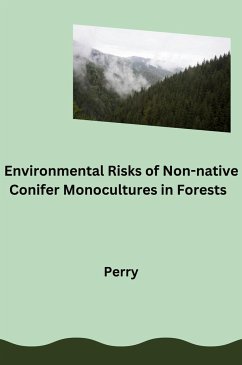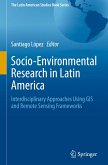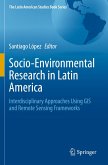Non-native conifer monocultures present significant environmental risks in forest ecosystems. These monocultures often displace diverse native species, leading to reduced biodiversity and ecosystem resilience. They can alter soil composition and nutrient cycles, impacting water quality and availability. Moreover, monocultures may create conditions that favor invasive species, further disrupting ecosystem dynamics.Environmental risks include increased susceptibility to pests and diseases, which can spread rapidly through dense conifer stands and affect neighboring native vegetation. This situation escalates the potential for ecological imbalance and long-term degradation of forest habitats.Addressing these risks requires comprehensive management strategies that prioritize ecosystem health and biodiversity conservation. This approach involves promoting native species restoration, implementing sustainable forestry practices, and monitoring ecosystem responses to mitigate adverse impacts. By safeguarding against the establishment and expansion of non-native conifer monocultures, forest managers can protect biodiversity, preserve ecosystem services, and maintain the resilience of forest environments for future generations.
Bitte wählen Sie Ihr Anliegen aus.
Rechnungen
Retourenschein anfordern
Bestellstatus
Storno









